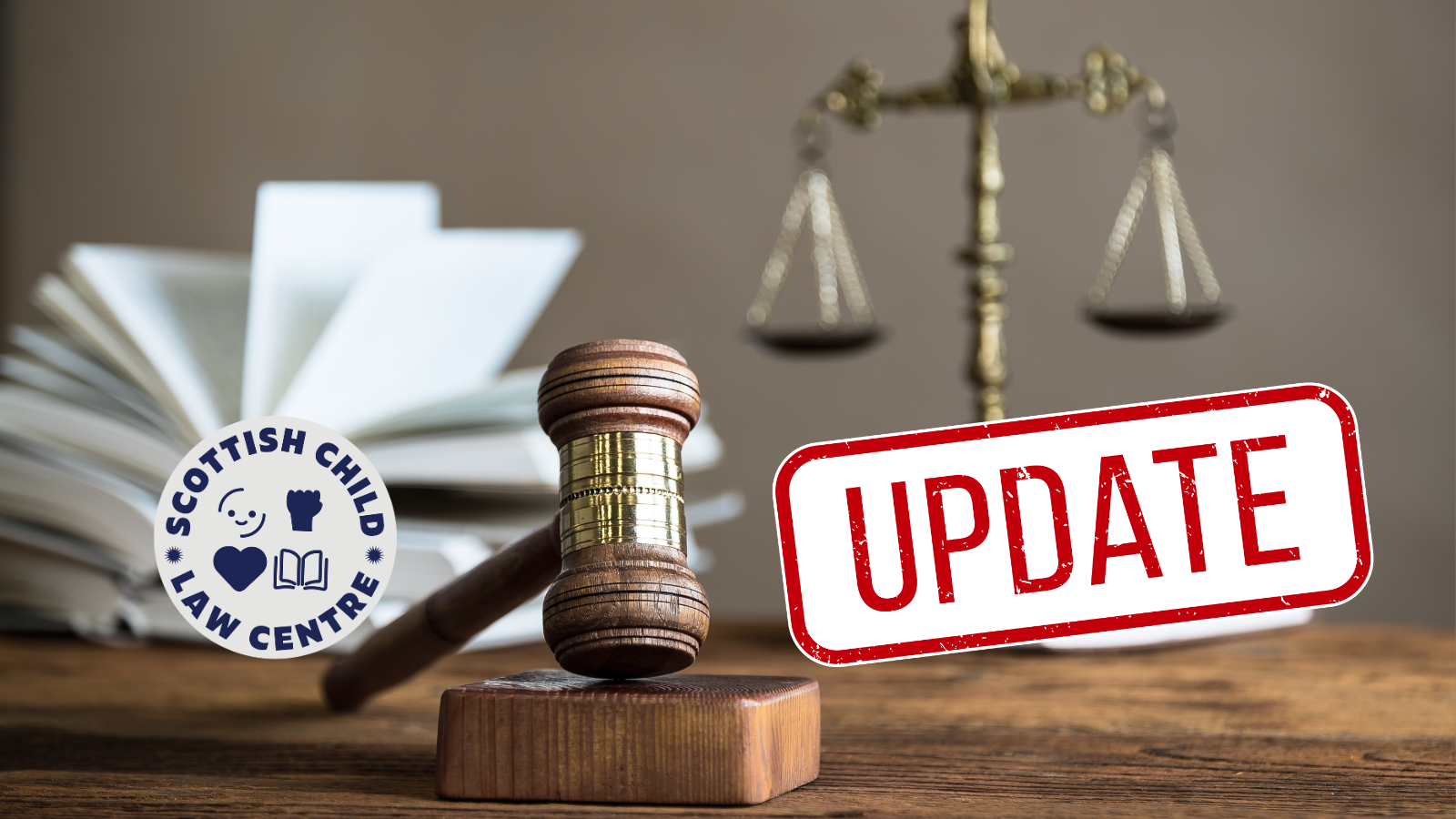The Children (Care and Justice) (Scotland) Act 2024 – Changes to Children’s Justice
Having received royal assent in June 2024, the Children (Care and Justice) (Scotland) Act 2024 effects important changes to how children are cared for and treated in our criminal and civil justice systems. This article seeks to provide a short summary of some of the key changes to civil and criminal procedures affecting children occasioned by the passing of this new piece of legislation.
The Act brings changes to both our civil and criminal legal procedure, with some of the key areas of development within the terms of the Act making changes to:
The Children’s Hearing System
- The definition of a “child” has been amended to include anyone under the age of 18. This means that children and young people can now be referred to the Scottish Children’s Reporter Administration where it is thought that compulsory measures of supervision may be required to protect the child’s welfare; or where the child is believed to have engaged in offending behaviour. Panels will now be required to also consider whether a child requires supervision or guidance (should they wish to accept it) after they turn 18 in certain circumstances.
- The impact of trauma on the child must now be taken into account when a child comes into contact with the Children’s Hearing System.
- A greater focus on information sharing in an easily accessible way – in terms of which people who have been harmed are entitled to be advised of, and to receive appropriate information from a single point of contact, information concerning decisions relating to a referral to SCRA.
Criminal Justice System
- A greater focus on ensuring the physical and emotional safety of children within the criminal justice system, by including a requirement to consider alternatives to police custody where possible. In specific cases, consideration should be given to whether cases should call in “closed” Courts or on different days to “usual” Court business.
- Ending the practice of detaining children in Young Offenders’ Institutions and instead, placing children who have pled guilty to, or have been found guilty of committing an offence, in secure residential accommodation.
- Empowering the Courts to remit cases where children who have pled guilty to, or have been found guilty of committing and offence, to the Children’s Hearing System for disposal.
Generally, the Act seeks to establish a more supportive and understanding approach for children involved in legal cases, departing from more traditional approaches to both civil and criminal justice. The Act aims to create a fairer and more compassionate legal system for children in Scotland, placing the welfare of children at the centre of legal proceedings concerning them, in line with the ethos of both the provisions of the UNCRC and the development of jurisprudence from the Courts in recent years. It also sets out clearer guidelines for social work and care services, seeking to ensure that whenever a child comes into contact with the justice system in Scotland, that those involved at all stages of the process focus on the welfare of the child from start to finish.
The changes detailed above are not exhaustive and the Act is certainly worth becoming familiar with, particularly for those who are advising children or families who come into contact with the justice system in Scotland.

